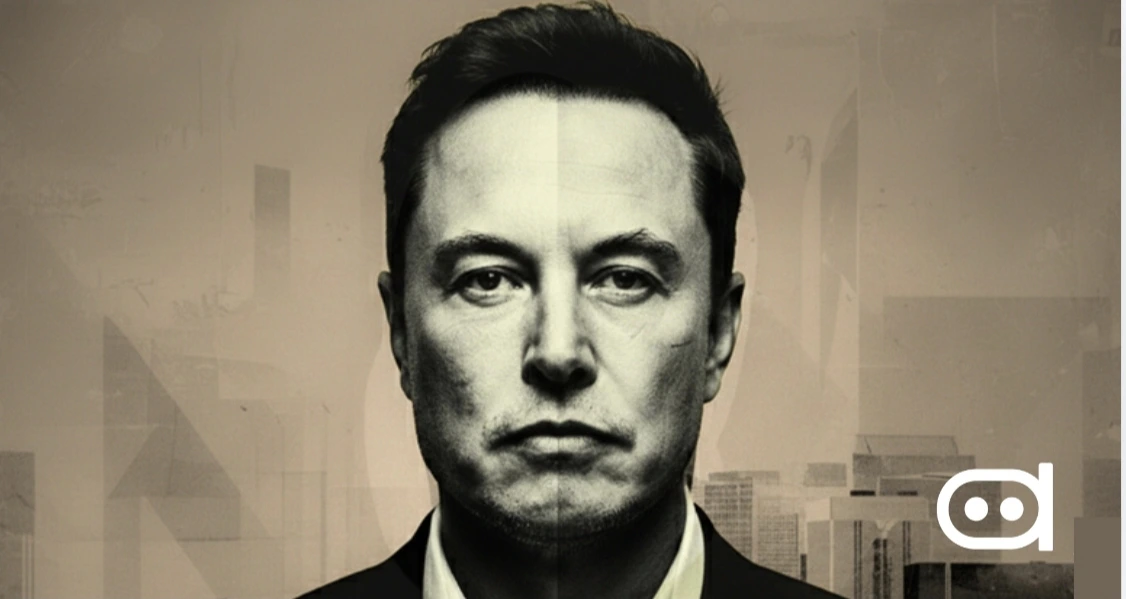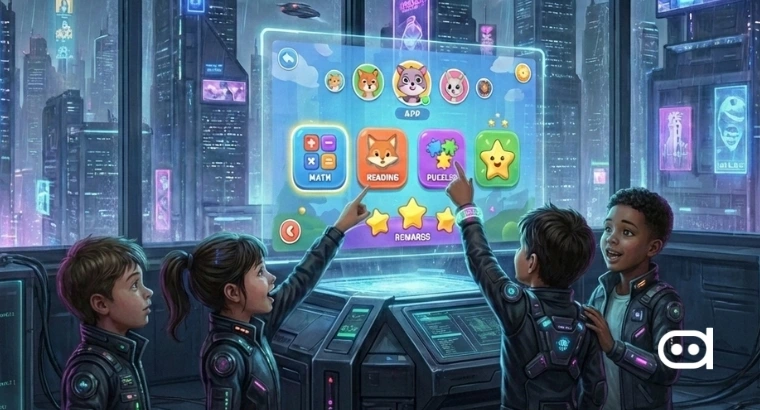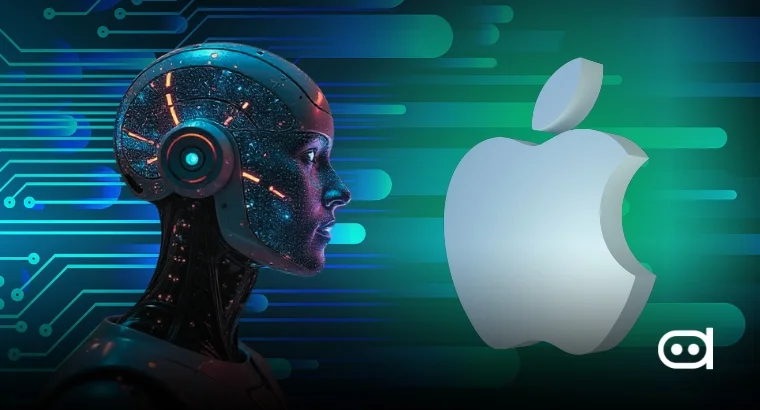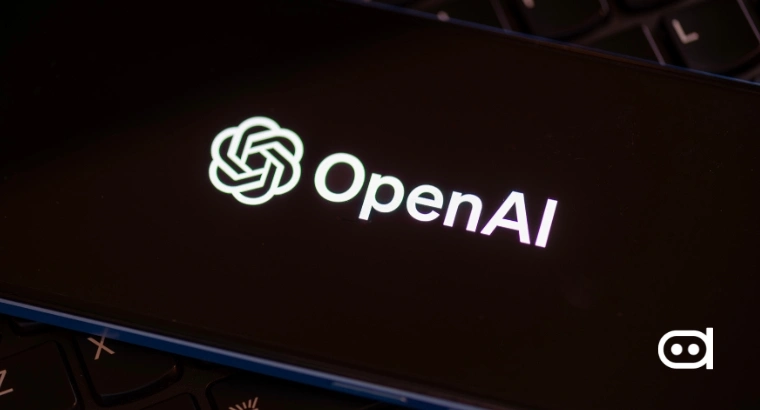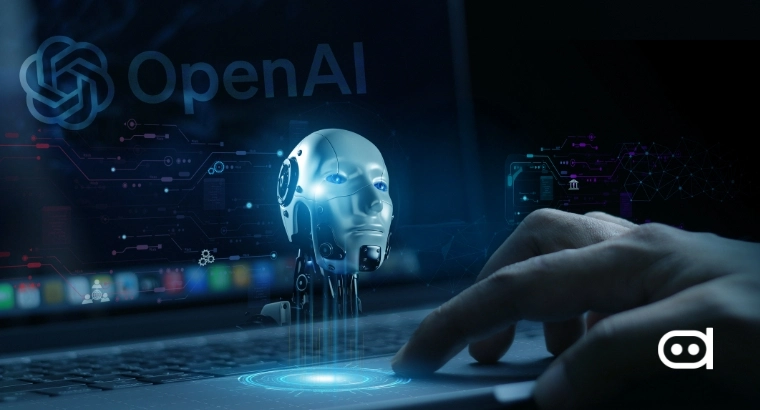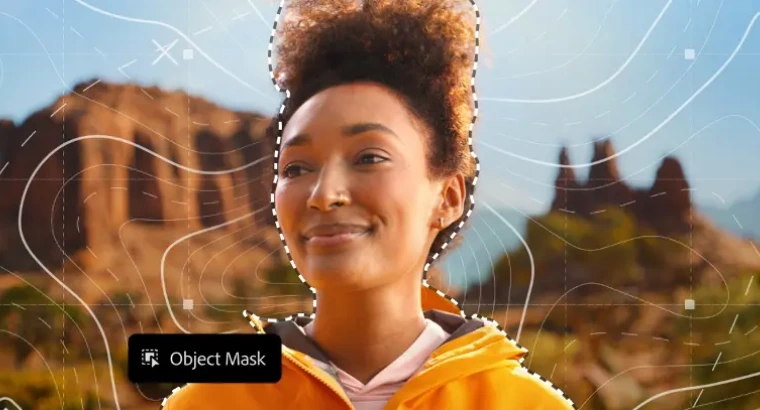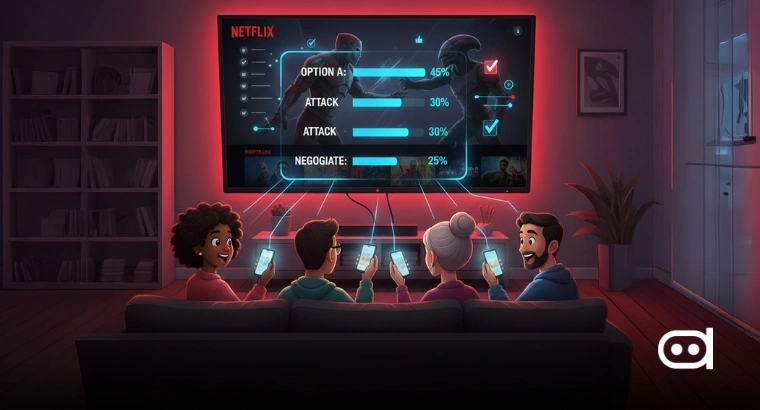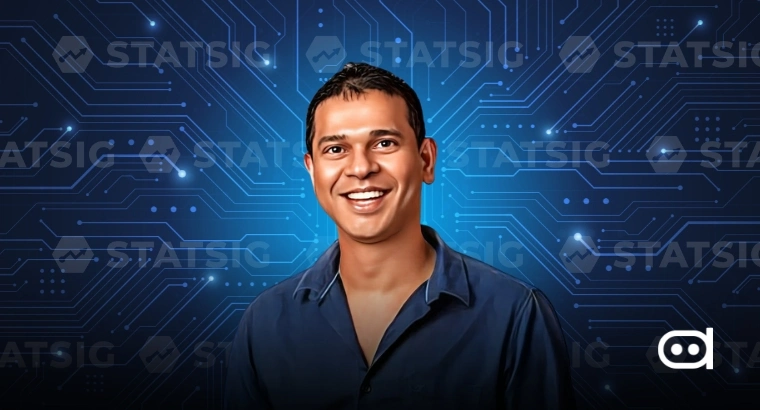
Key Highlights –
- Sam Altman led OpenAI acquires Statsig for $1.1 billion.
- The software experimentation company, was founded by CEO Vijaye Raji (and team), who is now appointed as CTO of Applications
- Few months ago, OpenAI acquired Jony Ive’s start-up io Products in a $6.5 billion deal to focus on AI hardware.
OpenAI is all set to throttle at leading the AI race. In a recent blog post, the Microsoft backed AI company confirmed its acquisition of Statsig. Adding to this it shared, that the CEO will now be appointed as CTO of Applications.
….Vijaye will head product engineering for ChatGPT and Codex, with responsibilities that span core systems and product lines including infrastructure and Integrity. His experience as founder and CEO of Statsig, and a decade leading large-scale consumer engineering at Meta, brings both entrepreneurial vision and operating expertise to scale our next generation of products.
OpenAI had launched the software engineering agent – Codex in June, earlier this year, which can take on multiple tasks parallelly. The product development start-up was acquired for a $1.1 billion, hinting how OpenAI is more than ready for spending spree.
Statsig Joining OpenAI
The acquisition will see the entire Statsig team become part of the OpenAI workforce. This talent infusion is a key component of the deal, as OpenAI will gain a team of engineers and product experts with proven experience in scaling consumer and enterprise products. In a LinkedIn post, CEO Vijaye Raji clearing that even though Statsig employees will now become OpenAI empolyees, “the company will continue operating independently and serving our customers.”
Joining OpenAI as CTO of Applications is an extraordinary opportunity to bring my experience scaling consumer and enterprise products to a mission I deeply believe in.”
– Vijaye Raji
(CEO Statsig)
OpenAI stated that the integration of Statsig will be a “measured approach,” as Statsig will continue to operate independently and serve its existing customers. This would ensure service is continued for a large number of companies which rely on Statsig for their own product development.
Under leadership of Raji, Statsig currently employs 155 people, hoping to expand to nearly 200 by early 2026.
What it means for OpenAI?
This acquisition is a clear indicator of OpenAI transitioning from a pure research lab to a product-focused company. Critics agree that this step is critical for the AI giant to scale its applications and ensure they are both safe and effective for global user base.
According to a report from Data Studios, the deal “repositions its internal structure and product development strategy.” Therefore, by bringing Statsig’s capabilities in-house, OpenAI no longer needs to rely on third-party analytics to validate and optimize feature rollouts. This would also allow Altman’s company to experiment and telemetry at a massive scale than before.
The appointment of Vijaye Raji as the CTO of Applications is no less important. Given his track record of scaling consumer products first at Meta and then with Statsig, Raji’s expertise would prove critical in making OpenAI’s models into a more polished, user friendly applications.
Raji would be working directly under Fidji Simo, the CEO of Applications at OpenAI. Simo, previously the CEO of Instacart, joined OpenAI in May, earlier this year. Expressing his excitement upon joining OpenAI, Raji shared –
Working with the incredible team at OpenAI to build AI-powered experiences at scale for people and businesses is a rare and meaningful opportunity. Doing that with the help of tools we built at Statsig makes it even more special.
OpenAI has also been in the headlines but not for all good reasons. In a tragic incident in California, parents of a teenager who committed suicide had filed lawsuit against the company alleging ChatGPT supplied methods of suicide to him. Investigation from another incident of a homicide-suicide, revealed how a techie struggling with mental health challenges relied on AI before taking life of his mother and self.
Given how OpenAI’s recent models are becoming more “empathetic,” it may prove to cause more harm than good if left unchecked.

